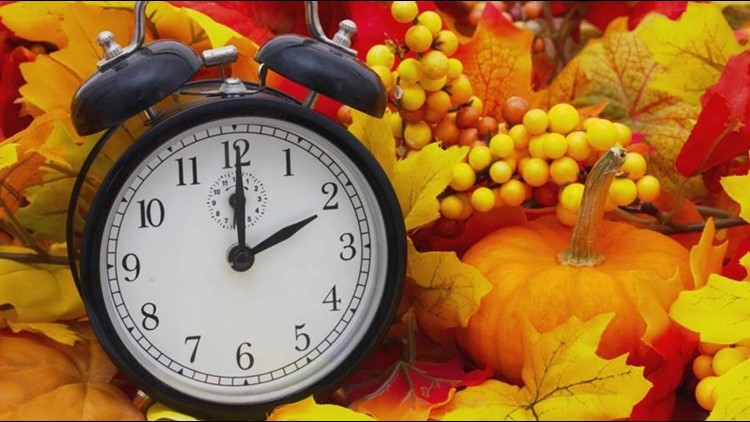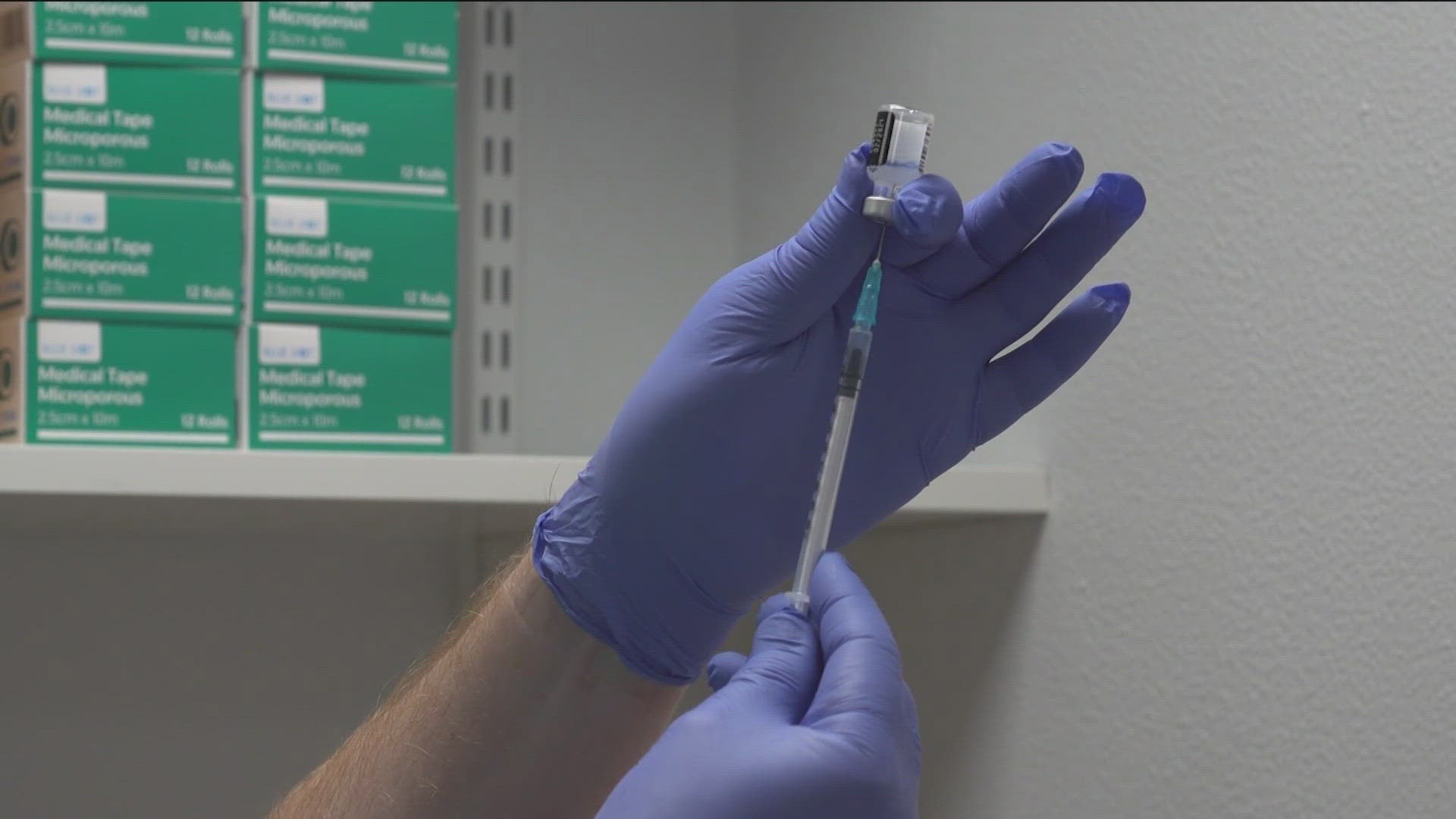ROCHESTER, Minn. — It sounds like a great deal... getting a free hour of sleep back as daylight saving time comes to an end.
But in truth, the disruption an hour can bring to our sleep cycles isn't worth the gain, in most cases. "We know that it does disrupt sleep and one hour does not seem like a big deal, but when you look at research data, it is a big deal," explains Dr. Lois Krahn, a sleep disorders specialist at Mayo Clinic.
Dr. Krahn says we all have a body clock that expects a consistent 24-hour cycle. "We all know people who have erratic schedules, but that’s not as healthy as a consistent schedule, and our body just is not designed for changes in our sleep time."
Dr. Krahn says you can help prepare yourself and your kids so everyone can reset easily by limiting exposure to light at night, and encouraging light exposure in the morning. "If the sun is up when they wake up, open up the blinds, let the sun shine in or at least turn on the lights in the room," she encourages.



